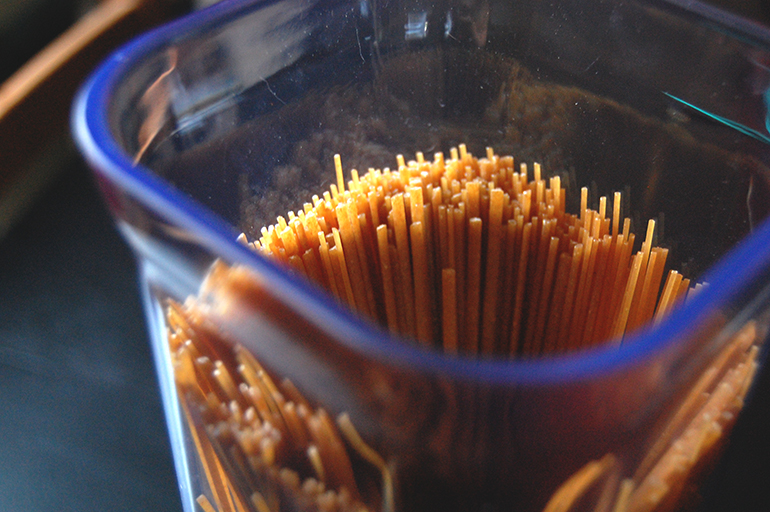As the number one fan of peanut butter and jelly on fluffy white bread, I never understood why people chose to go gluten free in order to lose weight. Obviously people with celiac need to avoid gluten, but the fact that some who CAN have gluten choose not to was always shocking to me. I decided to do some research to find out the benefits of gluten before throwing away that extra loaf of bread.

Photo by Rachael Piorko
So what exactly is gluten? Gluten is a protein that is found in grains such as wheat, barley and rye. People that are diagnosed with celiac disease typically have to follow a gluten free diet, eating more foods such as fish, meat, fruits and legumes. Gluten is known for causing inflammation to the lower intestines, which in return can interfere with the body’s ability to make use of the nutrients in food and cause uncomfortable symptoms.
Before you decide to go on a gluten free diet (without an actual allergy), consider some reasons as to why gluten may not be so bad. Many gluten free foods are higher in calories and sugar than other foods in order to make up for the loss of taste that can occur once products are swapped. Gluten itself doesn’t offer any special nutritional benefits, but the whole grains containing it do. GF foods actually lack essential nutrients that your body needs, such as calcium and iron. Another interesting fact is that gluten free foods tend to be 242% pricier than gluten-containing versions. I tried finding research from registered dietitians about the benefits of going on a gluten free diet, but there isn’t any evidence linking it to weight loss. Some GF foods can even do the reverse and cause weight gain due to high fat content and caloric density.
So, before you choose to jump on the gluten free bandwagon, remember that the less delicious ‘gluten free’ bread you’re choosing to make a sandwich with can have reverse (and even unwanted) effects on your body.




